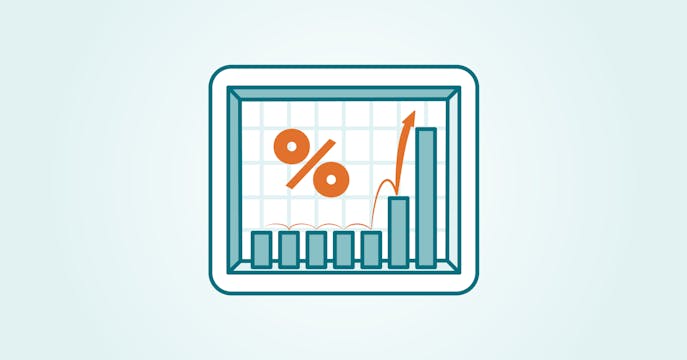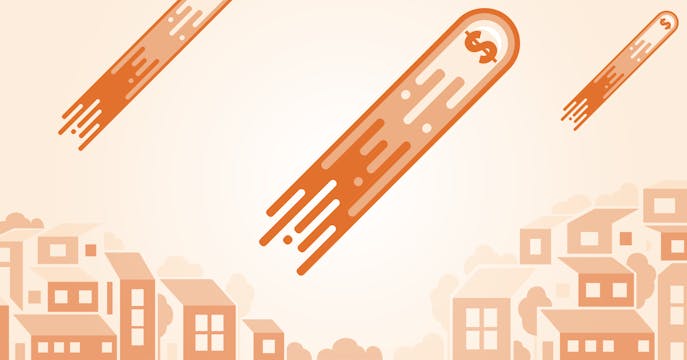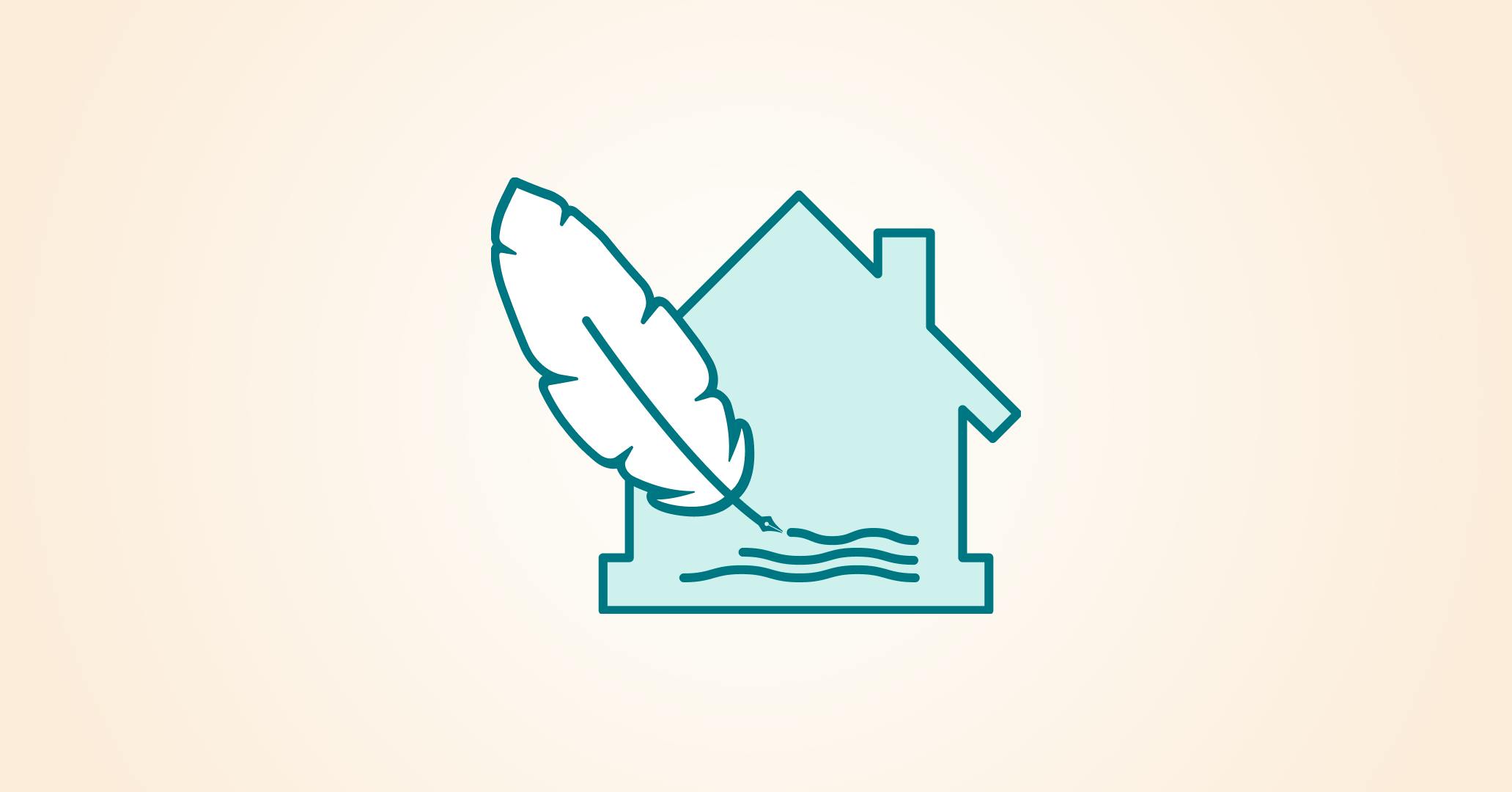Key Housing Measures from the 2022 Fed Budget
The Canadian government is taking on high house prices, housing supply issues and home buyer rights.
How might it affect you? Let's look over the main points.
So it is written, so it shall be done?
During the 2021 election, the Liberal platform floated a number of proposals that might tame our nation's wild and woolly housing front.
And here we are, a significant step closer to some of them becoming a reality — with a federal budget tabled on April 7, 2022 that was largely aimed at calming the stampede of high house prices, increasing the number of homes available, and making home buying more transparent. The minority-elected Trudeau Liberal government outlined several measures (with lots of dollars pledged) to unfold over the next 5 years.
With almost $10B allocated for their housing plan, here are the main points that may affect you as a home buyer, owner or seller. The budget sets out to implement these measures, with most details on actual implementation to be worked out in the coming months.
Help for First-Time Home Buyers
Tax-Free First Home Savings Account. With a 2023 launch confirmed, this down-payment savings vehicle aims to help and encourage young Canadians into their first home purchase. If you're over 18, you'll be able contribute up to $8K per year to a maximum of $40K. You'll receive a tax deduction in the year of contribution, interest gained won't be taxed, and pulling from this account to put towards a first home will also be tax-free.
Double the First-Time Home Buyers Tax Credit. Effective from Jan 1, 2022, you can claim up to $10K (increased from $5K) for a first home purchase, for a maximum rebate of $1500 (double the previous $750). Many first-timers tend to put this rebate toward their mortgage closing costs.
Extend the First-Time Home Buyer Incentive. This relatively under-utilized down payment incentive program was launched in 2019, and has now been extended to March 2025. With whispers that certain changes are lined up to make it more appealing, the Liberals had designed this shared-equity program to help more prospective buyers achieve home ownership.
Add an incentive for multigenerational home use
Up to $7,500 in savings is being offered through a Multigenerational Home Renovation Tax Credit (available starting Jan 1, 2023). A refundable tax credit of 15% could be claimed for spending up to $50K in eligible costs for constructing or renovating a secondary suite for a senior, or an adult with a disability.
Encourage home accessibility upgrades for seniors
To upgrade their homes to make it easier to age in place, seniors could complete accessibility upgrades, such as a wheelchair ramp, to a new maximum of $20K (doubling the previous cap) for a tax credit of up to $3K.
Address high house prices by adding more homes
Through the CMHC (Canadian Mortgage and Housing Corporation), $4B is allocated to a Housing Accelerator Fund to help build 100K new homes over 5 years, available starting this year or next. This fund is designed to be accessed by cities and towns to bring new homes onto the market faster, as an incentive to increase supply by cutting through or eliminating red tape that can hamstring home building.
Protect the rights of home buyers
Is the end of blind bidding in sight? The Liberal government is working on a Home Buyers' Bill of Rights that would outlaw the practice of blind bidding, increase transparency in the purchase-offer process, and even look at a legal right to a home inspection. However, many experts indicate these measures will take a while to put into full effect, as the process filters down through to provincial bodies.
Discourage foreign buying and house-flipping
Two-year ban on foreign home purchases. A two-year freeze is proposed on foreign buyers (with exceptions, such as students in line for permanent residency), to keep future home buying 'local' and to help ward off further price pressures in limited-inventory markets, especially the larger population centres of Vancouver and Toronto.
Live in that house for a year. If you've bought a house to fix it and flip it (or just flip it) within a year, this measure would tax the sale of a principal residence, whereas normally it would be tax-free. There would be exceptions to allow for unexpected life circumstances necessitating a sale within the 12 months.
Head off pre-construction investor gains
This proposal would make all pre-construction sales subject to sale taxes, effective as soon as May 8, 2022. This measure takes aim at real estate investors who buy a condo with the 'intention' of living in it, only to sell it at a higher price.
What's missing? An increase to the purchase-price limit for insurance eligibility
Many were expecting the government to increase the maximum price limit eligible for mortgage default insurance through the CMHC from $1M to $1.25M. This limit increase would open up more homes in higher priced markets for a minimum 5% down payment (a high-ratio mortgage), especially to allow more first-time buyers to enter the market.
There are rumours it might still be coming, though some experts warn it may also encourage higher prices, leading to the same out-of-reach price dilemma.
Have questions about budget impact? Let's talk.
Our highly-trained True North Mortgage brokers are up-to-date on the latest government moves, and how they may affect your pre-approval, your purchasing power, or strategies to get you into your first home.
Look for updates on the above topics as more information is outlined by the Liberal Government.
In the meantime, get great advice and save thousands with your best rate and mortgage fit. We really know mortgages, and we're here for you, anywhere you are in Canada.
What do you need? We'll help you save money and time.
More great mortgage info

Bank of Canada does a double take.
The first double increase since May 2000, how does it affect you?
Learn More
Push 'pause' on your rising rates.
Times are a changin' — rates are blasting off, hold yours now!
Learn More
Home prices hit (another) all-time high.
Higher prices, higher inflation — how can you save more on your mortgage?
Learn More
